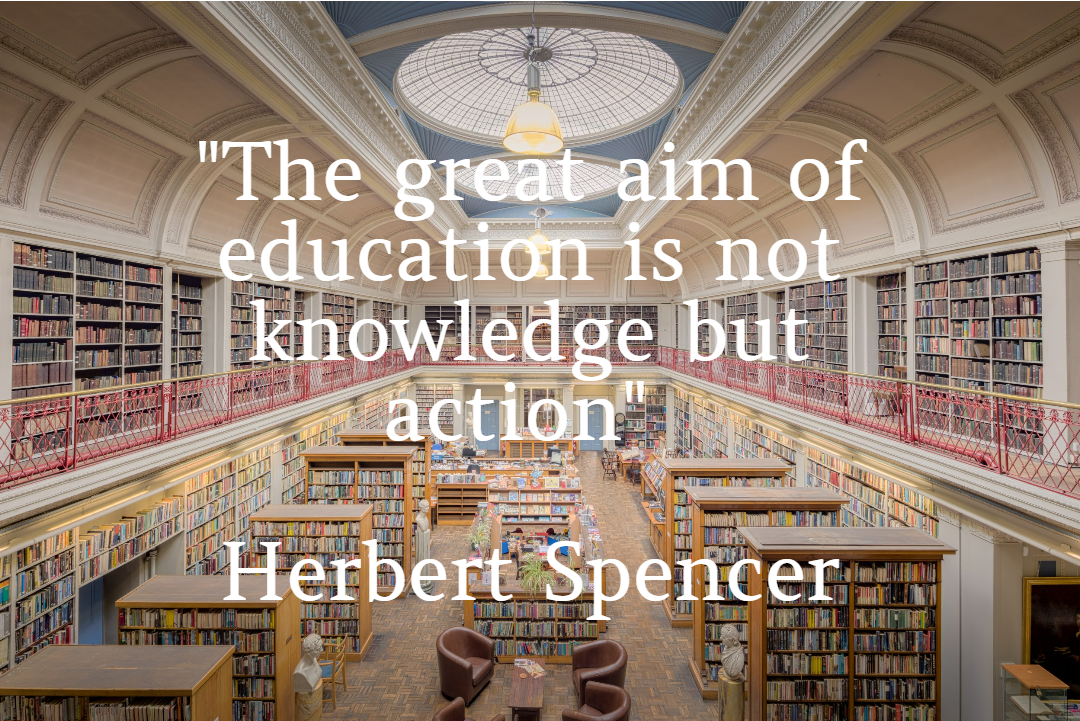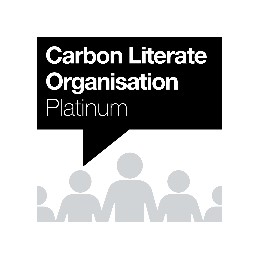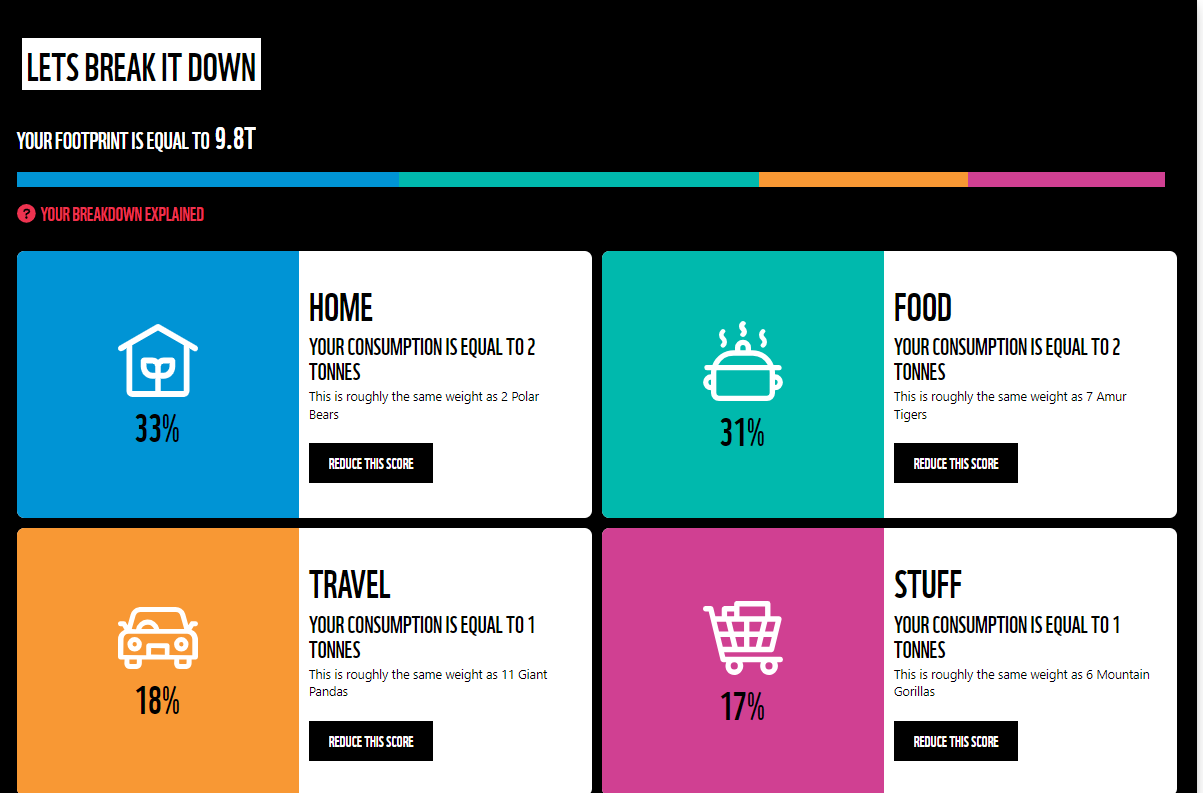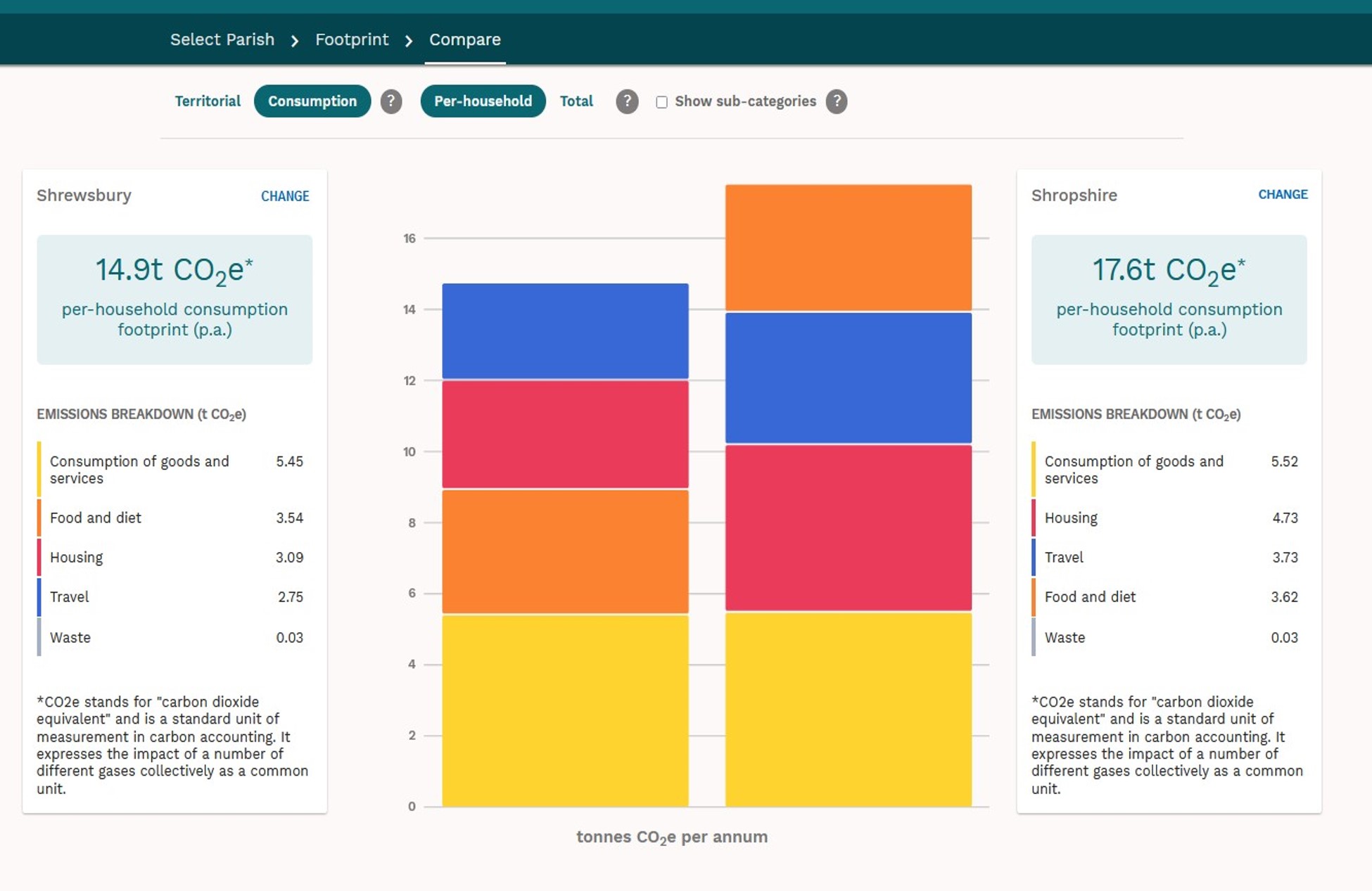Learn how to create a better future
All householders and organisations need to take action on climate change now. It requires a change in our lifestyles for the better.
When we all understand why, how and when we need to change, only then will we change our lifestyles. It needs education.

Most people are well aware of the consequences of climate change:
- Scorching temperatures – this causes more people to die and makes people feel very uncomfortable
- Increased drought across Africa with water shortages leading to thirst, hunger and mass migration
- Storms and violent weather events cause economic damage, disruption and higher costs of living
- Rising sea levels cause erosion of coastlines. Some island populations have been destroyed already.
- Higher costs of living through the rising cost and risk of carbon-based energy and loss of agricultural areas.
The root cause of all of these severe consequences is human behaviour – our lifestyles.
The answer is to recognise people are the cause and to learn how to change our lifestyles to prevent these from happening
“Education is the most powerful weapon you can use to change the world.”
Quotation from Nelson Mandela
The UK’s Committee on Climate Change (CCC) says that without changes to people’s behaviours now, the target of net zero by 2050 is not achievable.
If every human being on the planet knew what their emissions were, and reduced them close to zero, we would eliminate the threats to our planet from climate change.
Our driving passion is to ensure that our children, and grandchildren, will live lives that are worth living on this planet.
We will all be healthier, wealthier and happier if we take action now.
There is not much time left to complete our actions:
Carbon Literacy Education
We provide education approved by the Carbon Literacy Project through online and in-person workshops. The Trustees of Save Our Shropshire are all certified as carbon literate. We are accredited as a Platinum Carbon Literate Organisation, which is the highest accolade that the Carbon Literacy project awards.

The Carbon Literacy Project is committed to bringing about change through understanding. People who come to our courses can get a certificate for their literacy. You have to prove your understanding and make pledges to reduce your own and a group’s impact on the environment. You will be confident to help friends, family and colleagues to change their lifestyles.
The workshops will help you buy, travel, eat, use energy, build, and protect the countryside. You will change from dependence on harmful fossil fuels to ones that ensure the future of our planet. You will also save money.
What do our learners say?
Feedback from a recent delegate:
“I look forward to doing further work with you and SOS again. You are a partner organisation that plays a vital role in Shropshire in terms of tackling our climate change challenges and helping us to become carbon neutral,” said Tim Smith – Assistant Director of Commercial Services Place Directorate at Shropshire Council, following attendance at our recent Carbon Literacy for Local Authorities course.
The Facts
Human beings have the capacity to destroy our planet. We must now take action to save it. We must stop it from becoming another barren rock circling the sun.
Take a look at this video from BBC TV by David Attenborough to understand why there is an emergency and what we must do about it together.
We face a climate emergency – the facts
EXPERT VIEW
David Attenborough:
“We are at a unique stage in our history. Never before have we had such an awareness of what we are doing to the planet, and never before have we had the power to do something about that. Surely we all have a responsibility to care for our Blue Planet.
The future of humanity and indeed, all life on earth, now depends on us.”
SAVE OUR SHROPSHIRE WORKSHOPS
We run courses for :
- Local authority leaders/managers
- Town/parish councillors
- Small to Medium-sized businesses
- Householders
- Organisations like social housing providers
We will help you understand the basic science, your impact on the planet, and what you can do to change your and others’ lifestyles in pursuit of protecting the planet.
You will also learn how to engage other people positively so they will take the action they need to take. Click on the following button to get more details:
Why Education?
Suggesting we need education can make people react badly. Are we ignorant? Do we have to go back to school? No! We can always learn. But we mean education in the sense we change our ways of thinking and behaving by learning from others, rather than sticking to our habits.
Human beings change habits slowly, and only if they think it is good for them.
For instance, we all know that losing weight is good. It is better for our health, and we can live longer. In principle, losing weight is easy. Just eat less and exercise more. And yet, many people find it very difficult to do so. They complain of a lack of time and enthusiasm for exercise and eating less.
Change happens because of two ingredients – knowledge and enthusiasm. Once we know and understand why what we do today is bad, we will then move on to being positive and enthusiastic about changing our ways of life. We will then take action.
The following “Chinese proverb” summarises why learning changes lives for the better.

Go to the heading “Learn” on our menu to find out more. Click on the following button to go there:
Should our government do it all?
Many people will react to the need for climate change by saying “It has nothing to do with me. The government must ……”
Saying that the national and local governments should take action will just delay activity. They will do what they need to do, bound by the formal targets that they are set, and the budgets that they manage. Further, they will not take action unless they see votes in taking action. People must make their views clear. Those views ought to be informed by facts and understanding, as you will find in our education.
For example, if people understand that houses must be built to an energy standard that will reduce carbon emissions, they will insist on that standard. They will then force changes in planning regulations that will make builders build houses that reduce emissions. They will refuse to buy homes that are not fitted with proper eco-furniture.
Householders would not buy a new house without a fitted kitchen. In the same way, they should demand the installation of triple glazing, and insulation to the highest standard, along with air source heat pumps, solar panels, and electric vehicle chargers as standard. Besides, making homes to the standard required costs around £ 5,000 more, when built as new, which the builder prefers to avoid. “Repairing” them after the homes have been built can cost up to £ 25,000, which the homeowner will have to pay.
When people understand that they will radically reduce their costs of travel by going electric, then they will stop buying petrol or diesel vehicles. They will create a demand for the infrastructure for electric cars. They do not need government legislation to make them do anything.
Education will mean that the action to tackle climate change will be demand-led and not supply-forced, and probably cheaper.
What to do?
First, you should find out the size of your Carbon Footprint – how much in the way of harmful gases you send up to the atmosphere. You can find out from a simple tool created by the World Wildlife Fund. When you have answered a few simple questions you will see the following summary of your footprint:

Here it says the total Footprint is 9.8 tonnes – which is just above the UK average, and then shows how it is broken down by Home (insulation, energy etc.), Food, Travel (Car, rail and air) and Stuff (what you buy). Once you see this you can learn what to do about each area.
You can also find out what the total consumption per household is in your parish or town council area. You can then work with your Parish Council to bring about changes in local lifestyles to reduce your own, friends and colleagues’ footprints. The following shows the picture for Shrewsbury in Shropshire.

Our aim is to get to net zero by 2030. That means that the planet’s natural state is that human beings emit and take out of the atmosphere no more than the planet can manage. It is set to 2030 because that is the time by which we must stop the earth from heating by more than 1.5 degrees centigrade more than the average temperature between 1850 to 1900 (the industrial age).
Scientists have worked out that this will lead the planet to a steady-state balanced situation, rather than the disasters of floods, food shortages, and famine which nature threatens.
The main actions we need to take (and we need to do all of them) are:
- Change our diet to become more plant-based
- Make our buildings better insulated
- Use no oil and gas to heat our homes
- Use renewable energy for light and heat
- Reduce or get rid of oil and petrol in travel by using renewable energy (and eventually hydrogen)
- Change our purchasing habits by reusing and recycling what we buy.
We have a list of actions you can take on our website, listed by areas where you can take action, which will improve our lifestyles, reduce our cost of living, and create a better future for all: